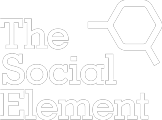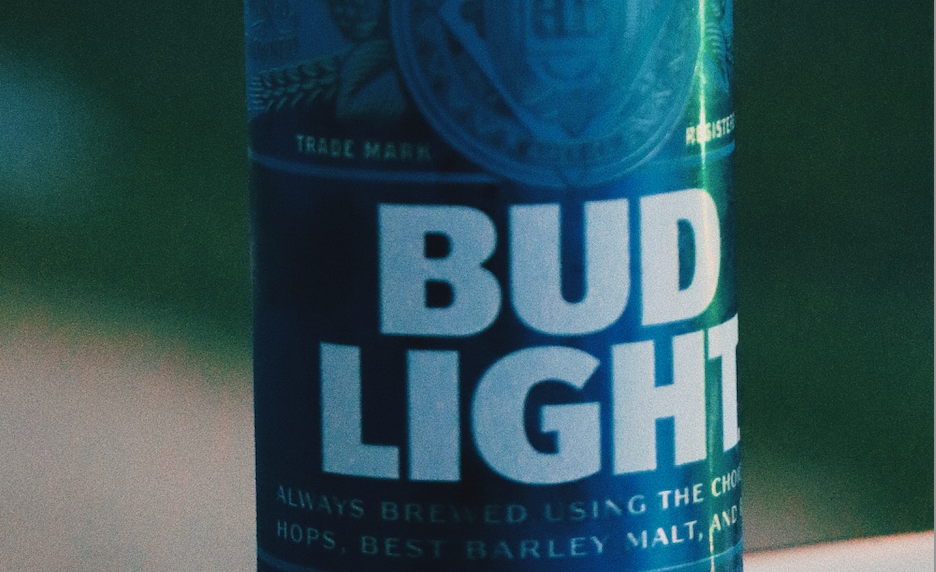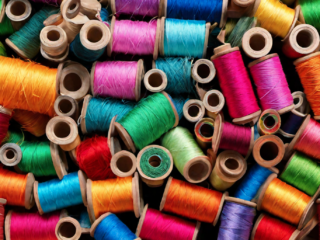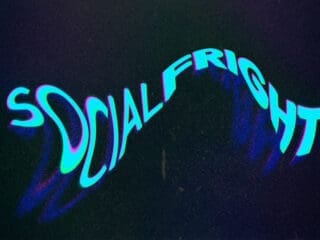Below is an extract of the full article written and edited by Them. For the full piece, please click here
Tamara Littleton, CEO and founder of social media agency The Social Element and co-founder of crisis simulation platform Polpeo, thinks that the controversy has already permeated the corporate world, and, if nothing is done soon, could have drastic ramifications for inclusive marketing for years to come.
With all the continued attention it’s gotten since April, why do you think the Bud Light controversy hasn’t seemed to go away?
I think there’s the backdrop of what’s happening in the U.S., and, to be honest, what’s happening in the U.K. as well. We’re going backwards with LGBTQ+ rights, and there’s a lot of anti-trans rhetoric at the moment. You can consider it a culture war. There’s drag shows being banned, new bills coming in. You’ve got the more religious groups driving their own agenda, and then commentators who get more clicks and followers the more controversial they are.
But I think the focus on Dylan’s TikTok – which would have been seen as inclusive advertising a few years ago – has created a platform for everyone to share their hate. It was almost the perfect storm, and this is why it’s not going away. Society doesn’t want it to go away. And it’s a society issue, but also, it wasn’t handled well, and this is also a crisis of [Bud Light’s] making.
Anheuser-Busch’s handling of the controversy: What are your thoughts? What do you think the ultimate outcome for them will be, and what could they have possibly done differently in handling it all?
So, number one: They supported Dylan and then didn’t support her. They worked with her and then did a U-turn. That’s the fundamental mistake. If you’re going to be an ally, you have to see it out. You have to have the values in place, you have to have the marketing messages, you have to have a crisis plan because of course there’s going to be a backlash. That’s where we are right now.
We’ve worked with other brands where they’ve been much stronger and vocal in standing up to the anti-trans lobby. What [Busch] did is they entered into something and then immediately crumbled when there was a response. And that leaves space for more people to jump on the bandwagon and make it worse. Then [Busch was] coming out with statements, essentially saying, “We made a mistake,” and they called it a marketing misstep. They lost their more heritage supporters, and then they alienated more of the Gen Z supporters that they were trying to market to. They ended up upsetting both sides and getting into an impossible situation.
It would have been better if they’d done nothing. You have to stand by your values and stand by your strategy. Be prepared for a backlash or don’t just don’t do it. And there was no duty of care. Dylan was vocal that there was no duty of care, and that she was afraid to leave the house because of the bullying that she was getting. And where [Bud Light is] now, I can see that they’ve released a couple of ads that are much more geared towards the traditional audience that they used to go for. Stetsons and cowboys and going back to “What made America great in the first place.”
However, I know that the Human Rights Campaign Foundation has removed its top rating for Anheuser Busch as a top LGBTQ+ equality company, so they’ve lost that stamp of approval, and I’m guessing they’ll lose some of their progressive audience in the future. Busch felt like they needed to pick a side, but I find that quite sad because they didn’t have to in the first place. They could have done inclusive marketing and stuck by their guns.
In recent years, with campaigns like Target’s pride collection, there’s been a lot more corporate sponsorship and partnership with LGBTQ+ people and influencers. Do you think Busch was surprised by the backlash?
Yes, I think so, because they’ve previously positioned themselves as an ally. In 21 years we’ve seen a lot of changes, and we’ve supported brands who have been very vocal allies. Year-round support for LGBTQ+ community, and supporting during Pride months as well. But we’ve definitely seen a rise in anti-LGBTQ+ rhetoric, particularly targeting the trans community. And as society has changed the past few years, there’s been more space for the bigots to go after brands and boycott. And the backlash comes bigger and stronger now and it takes more preparation to defend against it.
As far as corporate values go, do you think this is just a Bud Light specific instance of a values reversal? Or do you think it will be an industry-wide thing?
I think, industry-wide, there’s more anxiety and nervousness to publicly support the [LGBTQ+] community, which makes me incredibly sad.
There was a Morning Consult survey that found that 53% of beer drinkers in the U.S. said that they would feel favorable towards brands with a trans spokesperson, and many believe inclusive ads aren’t going away despite the dip in sales. So I think that’s the key. Brands need to be more forward thinking and use inclusive marketing to target more progressive and younger audiences.
I do think [the Bud Light controversy] will put brands off, making them think “Let’s not get involved,” “This is too dangerous,” or “We’re going to get attacked, so let’s just keep our heads down.” People are dialing back support, but I strongly feel that brands have a duty not to. In the creative industries, we have the power to change people’s opinions and give them new ways of looking at things. If we stop supporting the LGBTQ+ community, then there is more space for the anti-LGBTQ+ groups to come in and make more noise. If anything, it’s the duty of brands to continue to be inclusive and dial up that inclusivity.
Bud Light’s support of the LGBTQ+ community seems very performative, as does the support coming from a lot of other companies. What can brands do to deepen their relationship with the LGBTQ+ community and make their support more meaningful?
The first thing is to hire LGBTQ+ creators and not make it “Let’s hire them for Pride,” but to actually support those creators year-round. Be vocal about it. It’s also the small things, like continuing to market in a very inclusive way. Normalizing same-sex couples and normalizing trans people in TV ads, for example.
And it means brands making it known what they stand for, so if there ever is an attempt at a boycott, it’s not just the brand trying to stand up and push back, but the entirety of their fanbase too. A lot of it comes down to building those communities of fans and drip feeding those values to build that goodwill.
It’s also critical that there are internal policies in place so that if there is backlash against a single creator, they aren’t left high and dry and without any support. It means a duty of care, HR policies, running crisis simulations, and making sure that everything is in place so that you’re ready.
It seems to come down to a lack of preparedness.
Yes, and there are some key things we do when we’re advising our clients on being prepared. Having a plan, saying “This is what we’re going to say.” It can be something as simple as that. When a customer says to a bank “I’m going to shut down our accounts,” we used to work with a banking client that would literally send a link and say, “Here’s how you close your account.” Now that’s bold, but it sends off a big message.
And because we’ve been working in the management of trolls for years, we know if you stand up to them, they will back down. If they see that a brand is weak, they can pull in everybody else very quickly. It’s like jackals taking down a deer or something like that. What’s an American version?
Hm. Maybe a pack of dogs?
Yeah, like a pack of dogs. Basically, they smell weakness. The key is about consistency in your values, and just being a bit braver.





